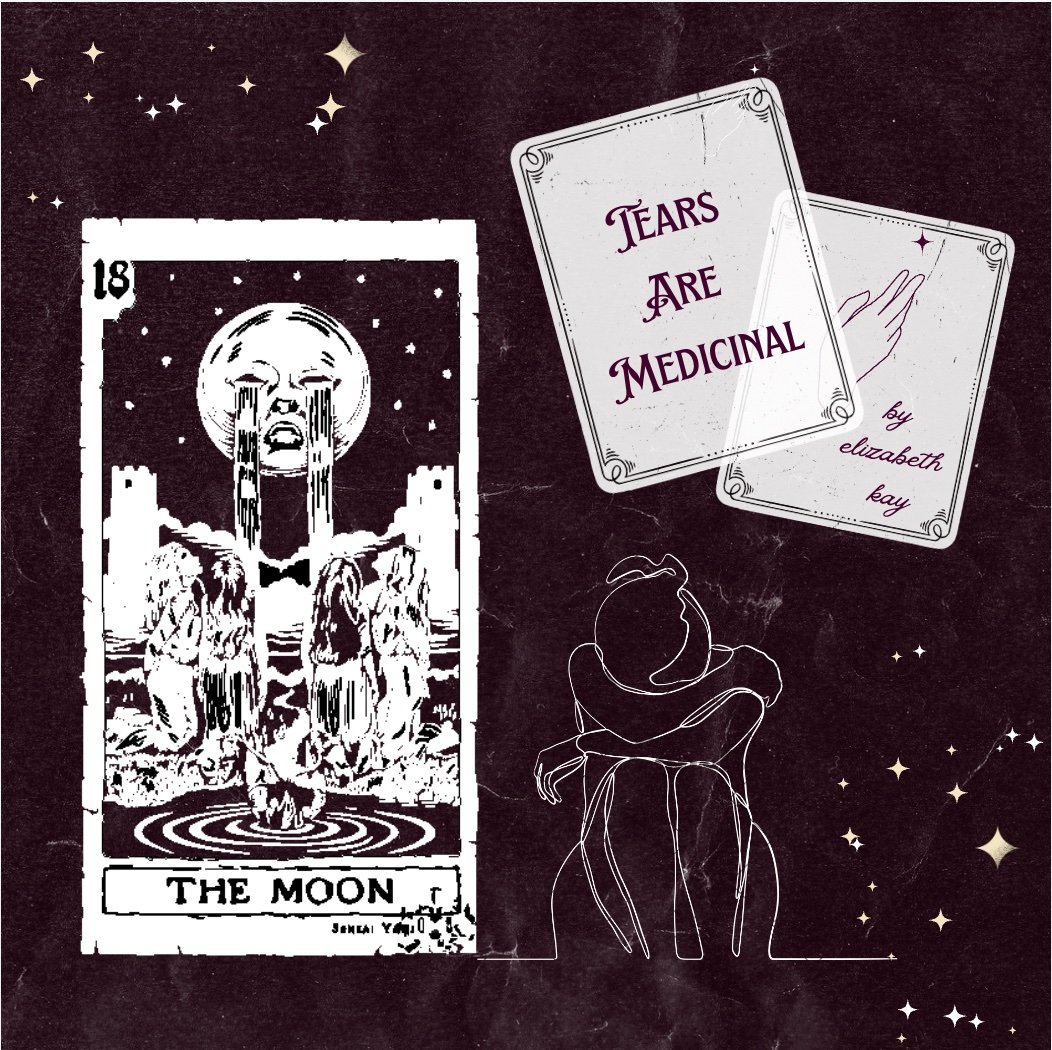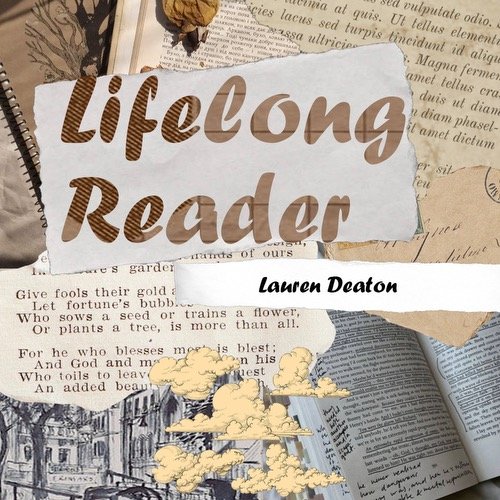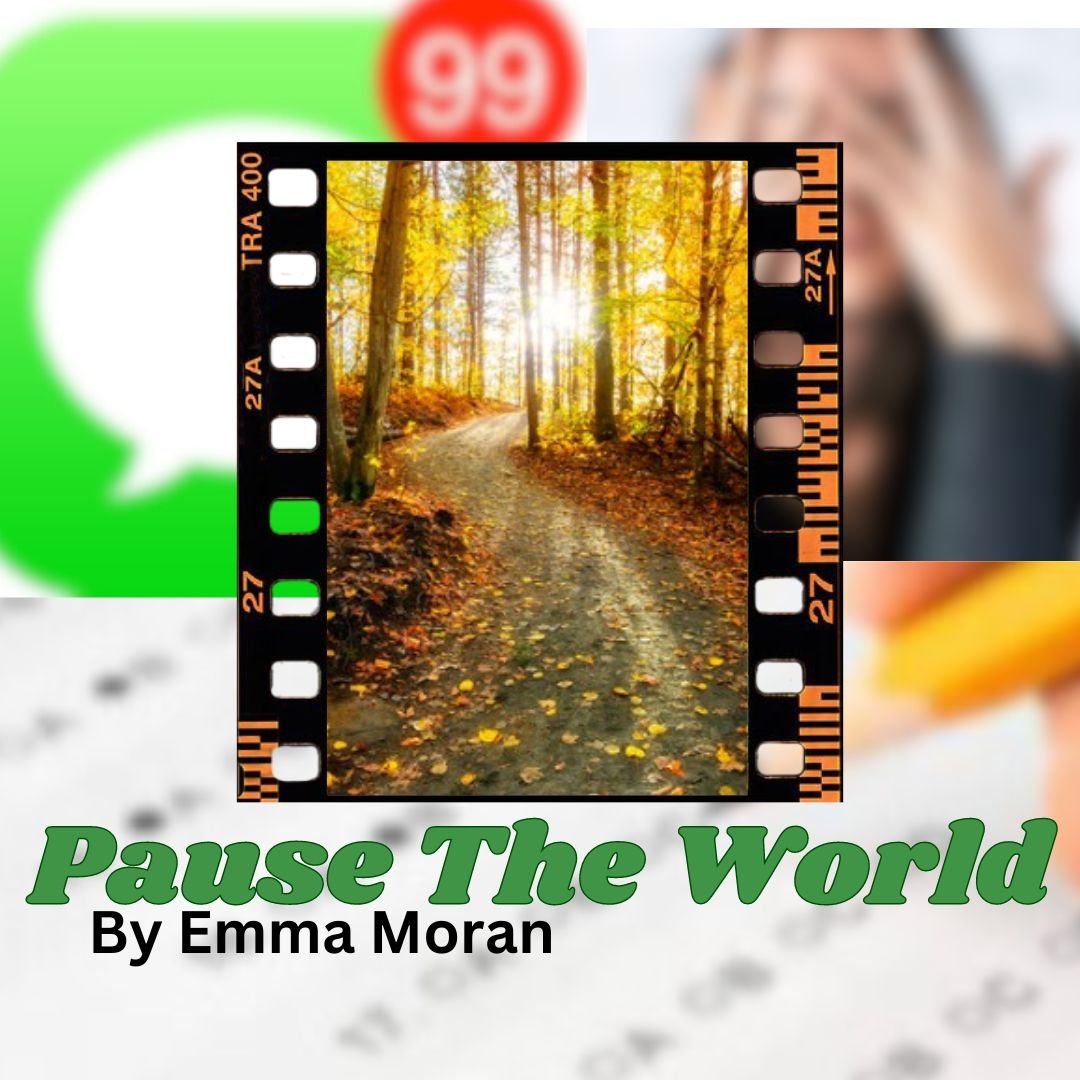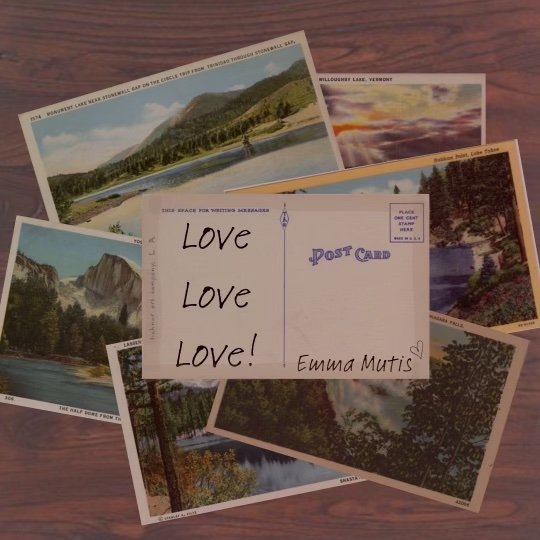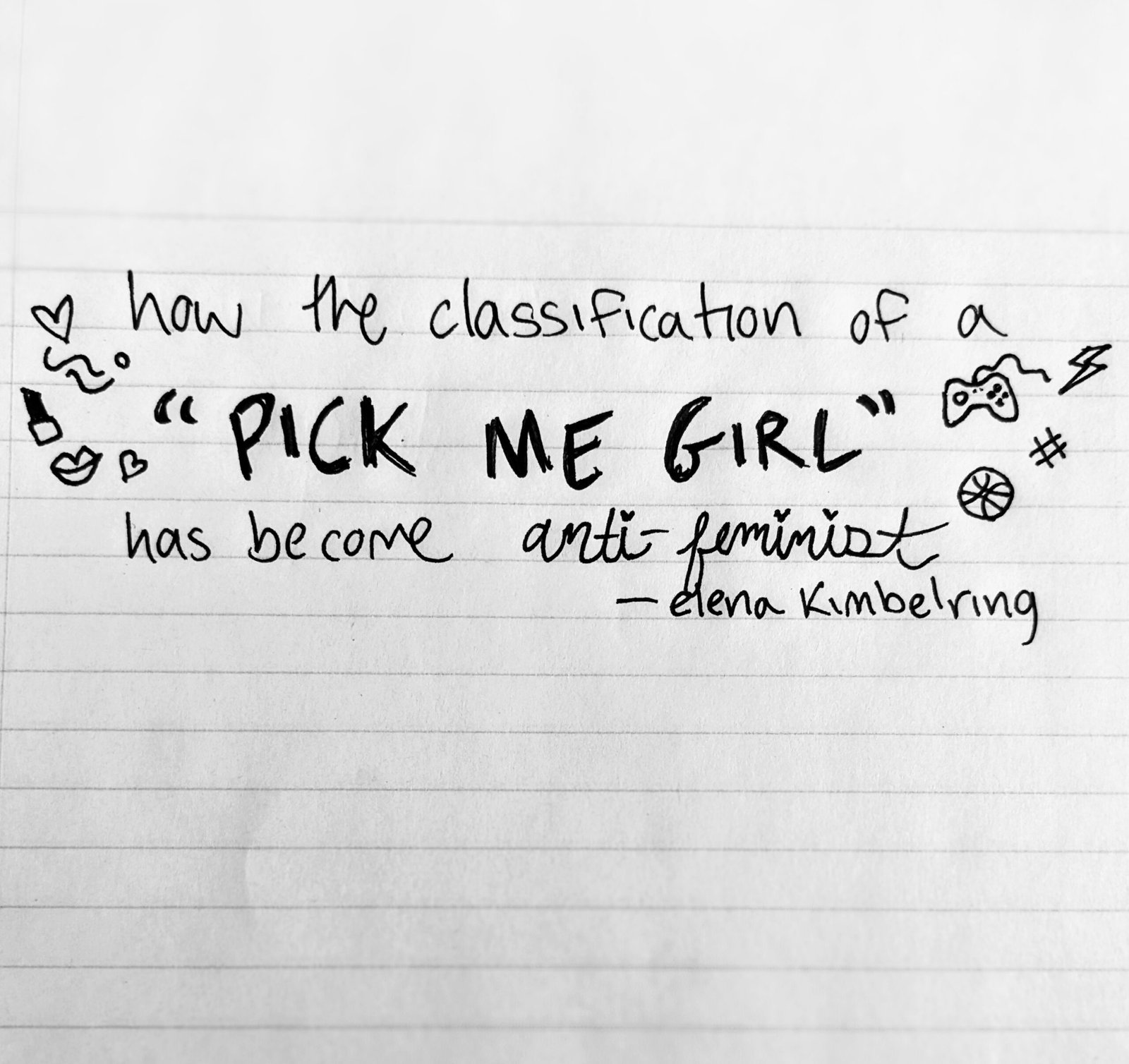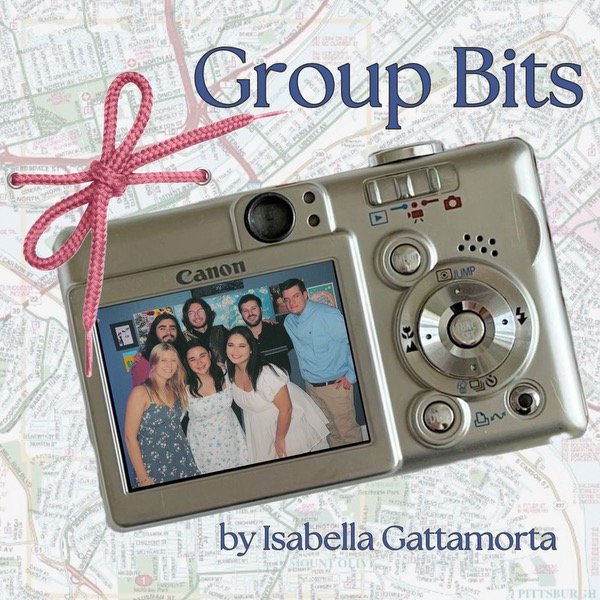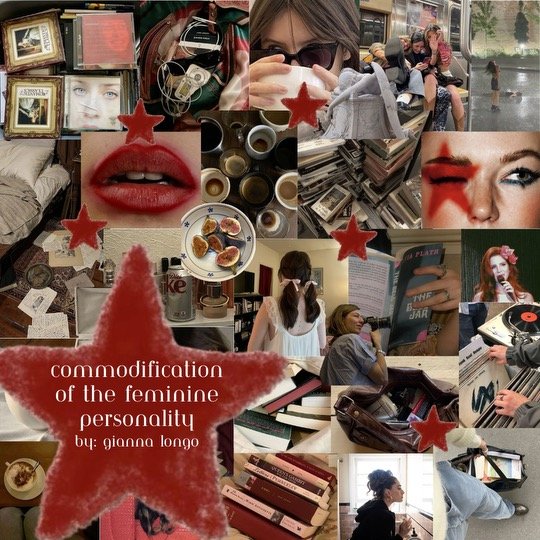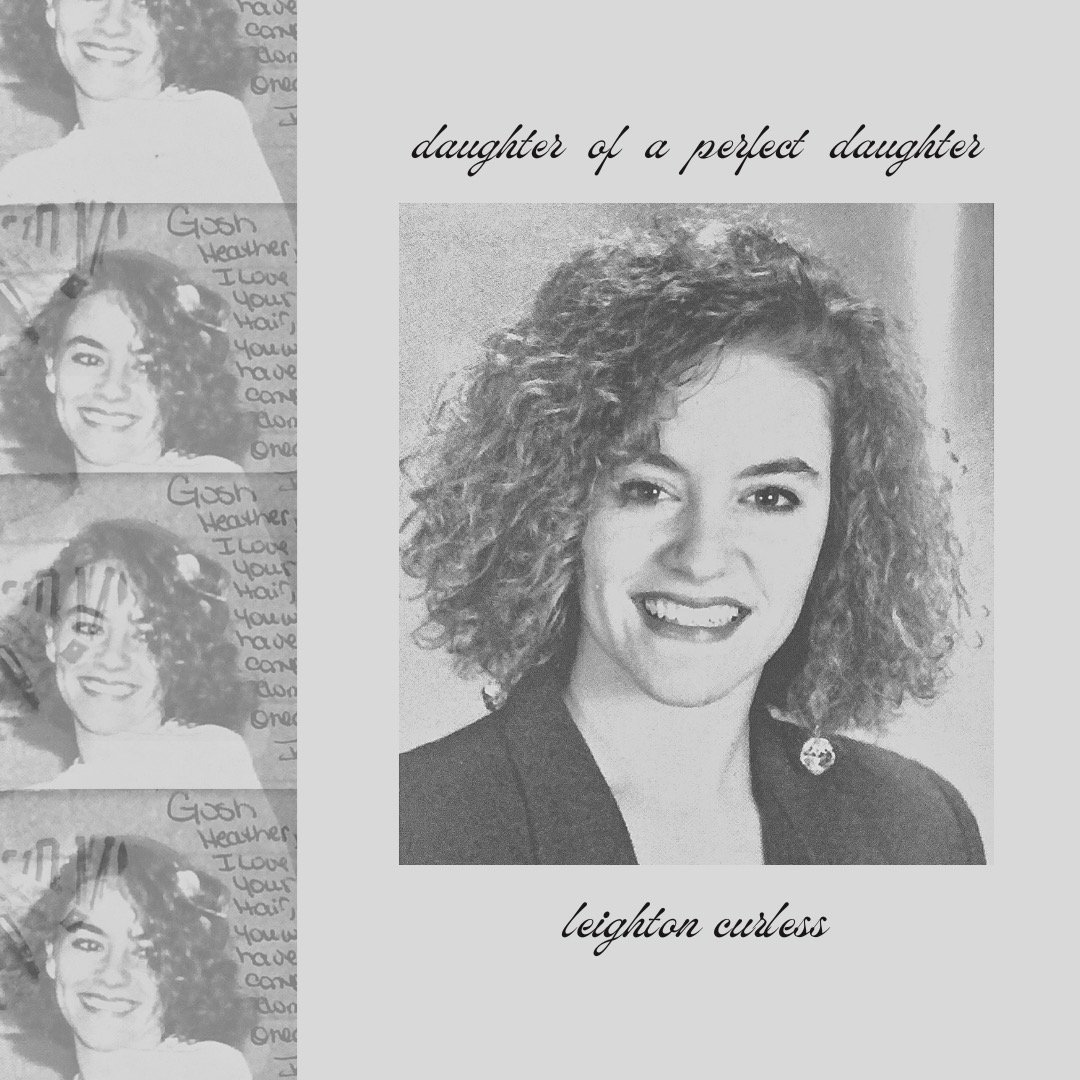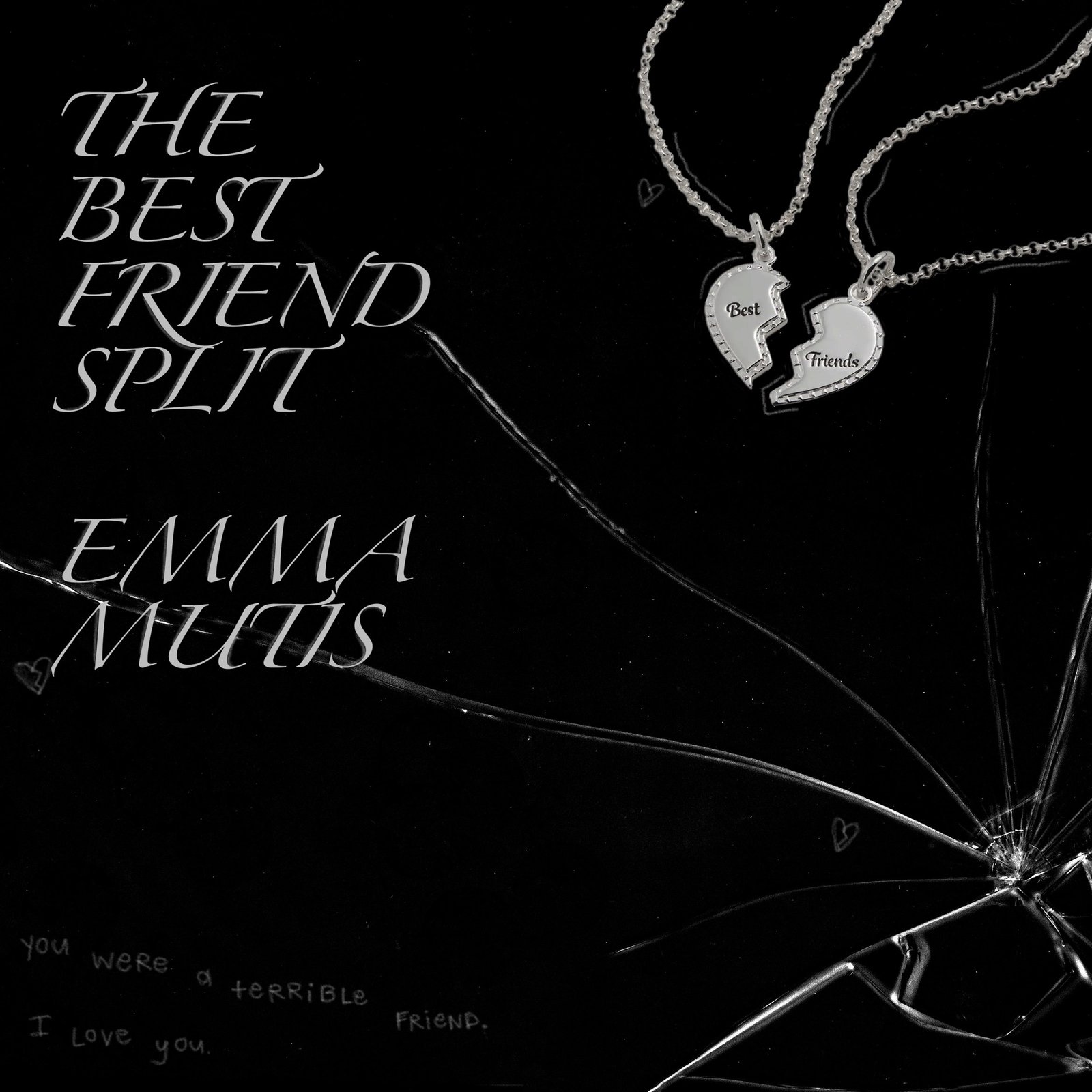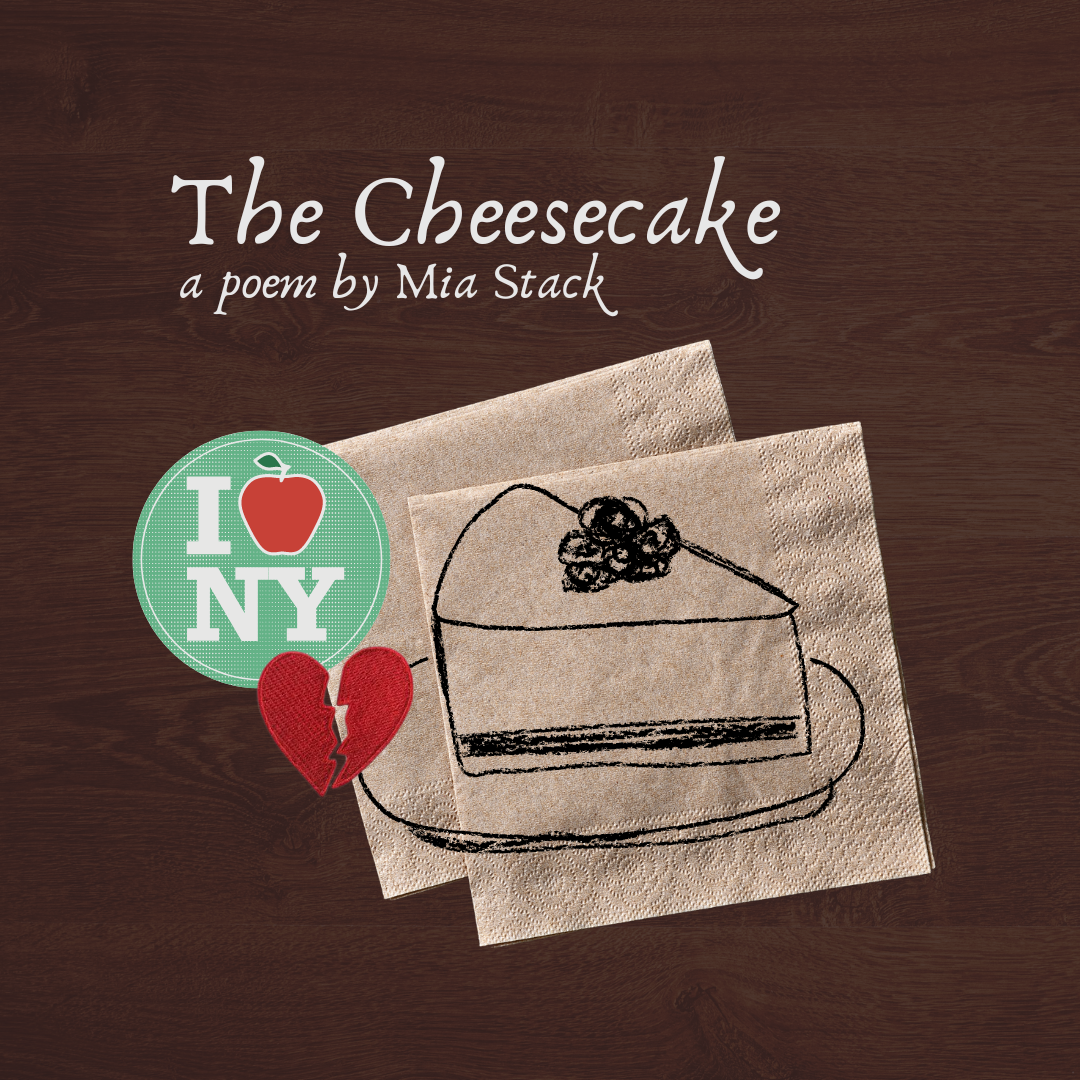Love is patient, love is kind. It does not envy, it does not boast, it is not proud. It does not dishonor others, it is not self-seeking, it is not easily angered, it keeps no record of wrongs. Love does not delight in evil but rejoices with the truth. It always protects, always trusts, always hopes, always perseveres.
In love, one and one are one.
Two souls with but a single thought, two hearts that beat as one.
Love doesn't just sit there, like a stone, it has to be made, like bread; remade all the time, made new.
To love is to be known.
♡
June 20, 2022. I was a high school graduate, a few weeks into the last summer before everything changed. Before we fell in love. But I’ll get into that–first, I must set the scene.
We drove through backroads, passing farms with cows and goats and fields of Christmas trees and corn. I had been incredibly nervous. My friend, who filled me in on all of the details of the short trip as she drove, was bringing me on a lake house getaway for the week. Our host was to be a friend she made during her freshman year of college. We would be joined by her other friends, all of whom I had never met. I had no idea what to expect, and knew nothing of what was to come. So, as any girl trying her best to be confident, I expected nothing.
When we arrived, we were greeted at the door by him. I stared (or so I was told many months after the fact) at him, taking in his expression, his smile beaming. It was a smile that reached his eyes. A true, genuine smile. He was happy to see us.
The next three days were a combination of boat trips, jet skiing, group lunches, conversations that went well into the night, and laughter. Through it all, I watched him. I saw how the presence of his friends made him glow with confidence and joy. I saw how he looked at me. How he saw me. Not in a lustful or prematurely romantic way. A simple acknowledgement– “I see you and I want to know you better.” Within no time, these people were no longer strangers. There’s so much more I could say about that trip, but what you should know is that I liked him. Maybe it was the way he smiled, or maybe it was the way we teased each other, or the way he always offered his hand to help me in and out of the boat, or how he grinned ear-to-ear when I caught my first fish–but I really, really liked this boy. I remember thinking to myself, “Even if I never see him again, knowing there are men out there like him is a comfort. Like maybe not every guy would ignore my existence or treat me like I was nothing.” I see you, I see you, I see you.
But I did see him again. And again and again. And before I could blink, before I could register that someone I liked that much actually liked me back, we were dating. We were in love, and it was everything and more. How could it not be? It was weeks and weeks of FaceTime calls until 3 AM, good morning and goodnight texts, virtual dates (we were long distance), and counting down the days until we could see each other again. It was perfect. And then, as I always do, I thought it might be too perfect. I panicked.
After our first argument, over something so trivial and unimportant, I thought he would leave me. I remember genuinely thinking that it was over, the fairytale had ended as I always knew it would, and he would be gone within the day. But he stayed. He soothed my soul, all of my pain, worries, and doubts melting away like snowflakes.
Things got harder, worse even, as the relationship set in and I realized it was, in fact, not perfect. We both made mistakes, and that devastated and scared me more than anything. When you have something you treasure so dearly, the thought of losing it is paralyzing. Yet, any time I was certain he would pack it up and leave without turning back, he stayed. Even when I pushed him away, when things were the messiest they had ever been and I felt so unlovable and tired, he was there. I was there too, through it all.
It’s now October 2024: two years since he asked me to be his girlfriend. Looking back on all I’ve been through, what we’ve been through, I think I know what love is. Love is hard. Love is a lot of hard work. It is humbling, it brings out our deepest fears and our worst flaws and exposes them to the one person who you want to hide them from. Love is terrifying, it’s doubtful, and a struggle at times. Love is getting to know another person the way you know yourself–more so, even.
Love is like art–not always beautiful, but enduringly real, raw, authentic, true, and genuine. Genuine, like the smile on his face when we met. Like the way he saw through me, straight into my soul that was staring right back at him.
Written by Emma Mutis
Edited by Karlynn Riccitelli and Julia Brummell
